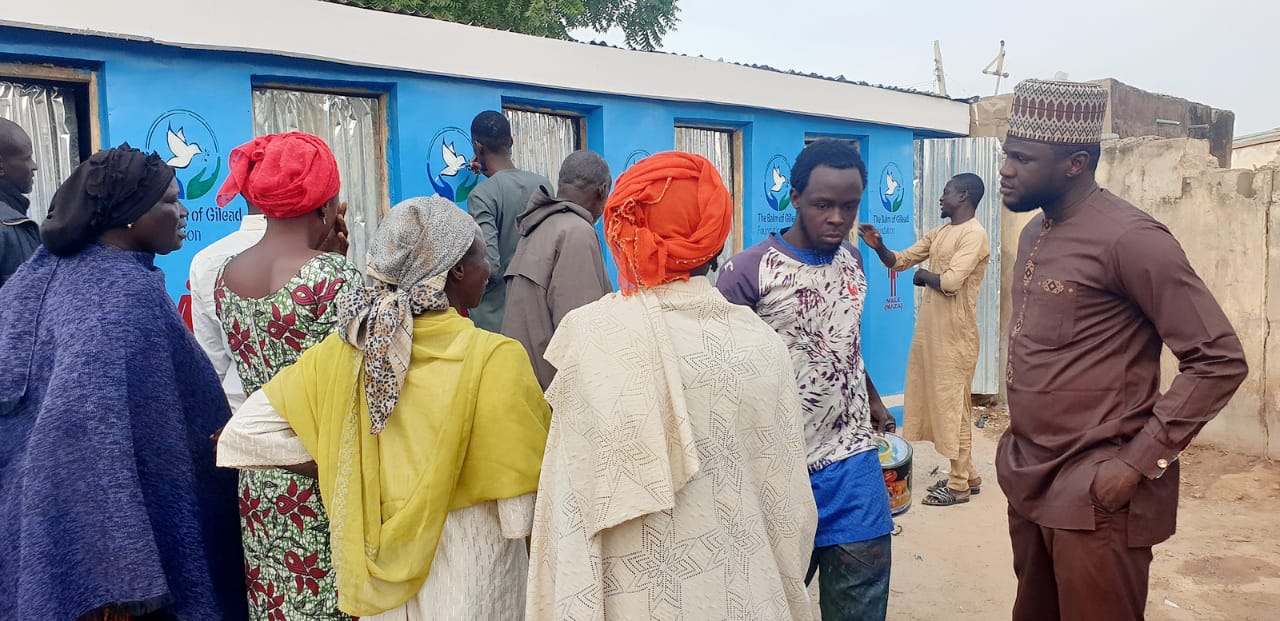The Importance of Access to Healthcare in Rural Communities

In the 21st century, it is an abomination that a mother should watch her child convulse with malaria in a village without a clinic. That a farmer should bleed to death from a snakebite because the nearest hospital is three rivers away. That a child’s fever may go untreated for days; a woman in labour might be carried miles in search of help; and a simple infection can spell death.
This is not a tale from centuries past. This is the daily truth for millions in rural Nigeria. That an entire generation in rural Nigeria should know more about preventable diseases than about textbooks.
According to the World Health Organization, nearly 60% of Nigeria’s population lives in rural areas. But, only a fraction of the country’s health infrastructure exists there. The National Primary Health Care Development Agency reports that over 70% of Nigeria’s primary health centres are non-functional, lacking basic supplies, electricity, and trained personnel.
In 2021, UNICEF highlighted that 1 in 5 children in Nigeria do not receive basic vaccinations, a statistic that is even worse in hard-to-reach communities. Maternal mortality remains a silent epidemic, with rural areas accounting for the majority of Nigeria’s tragic 512 maternal deaths per 100,000 live births.
60% of Nigeria’s rural population travels over 10km to reach a health facility (WHO, 2023)
1 in 4 maternal deaths occurs because emergency care arrives too late (UNICEF, 2024)
Only 20% of rural clinics have electricity or running water (Nigerian Ministry of Health, 2024)
These are not just numbers. They are names. They are neighbors. They are lives. They are verdicts on our collective conscience.
Health is the backbone of any thriving society. Without it, education suffers, productivity declines, and poverty deepens.
A 2023 study revealed that 72% of Nigeria’s doctors work in cities, serving just 30% of the population. In contrast, places like Ogbadibo in Benue have one nurse for every 5,000 residents. This is not healthcare it is abandonment. When a family spends 40% of their income on malaria treatment (World Bank, 2024), children drop out of school to farm. Malnourished girls become high-risk mothers. The cycle grinds on.
We have carried the weight of these truths from the hinterlands of Kogi to the hard-to-reach settlements in Adamawa, Benue, Ebonyi, Nasarawa. What we’ve witnessed would break anyone with a heart. Our mission is anchored in compassion, community, and the conviction that no life should be lost to preventable causes, simply because of where one was born. Healthcare is a right.
Our work is driven by one question: What if we could be the bridge between despair and healing?
The bitter truth is that no NGO can replace government action. While we patch wounds, there’s only so much we can do. As an organization we demand: policy reforms, telemedicine kits in every primary health center. This is not charity. It is justice. When a child in Port Harcourt survives appendicitis while one in Borgu dies from it, that is not fate, it is failure.
To every policymaker, donor, and concerned citizen, rural health should not be an afterthought. It is the foundation upon which national progress must be built. No community should be too small to matter. No human being too far away to save.
As Wole Soyinka once said, “The greatest threat to freedom is the absence of criticism.” So let us critique the status quo, not in bitterness, but in the pursuit of better. Let us not wait for another preventable death to stir us.
It will take more than bandages and clinics. It will take intentional policies, grassroots partnerships, and a culture of compassion. Most of all, it will take people, people like you and I choosing to care.
The Balm of Gilead Foundation is committed to building that future. A future where the distance between a villager and a doctor is no longer a death sentence.
So we say to all who read this, join us. In voice. In action. In heart.


Leave a Reply